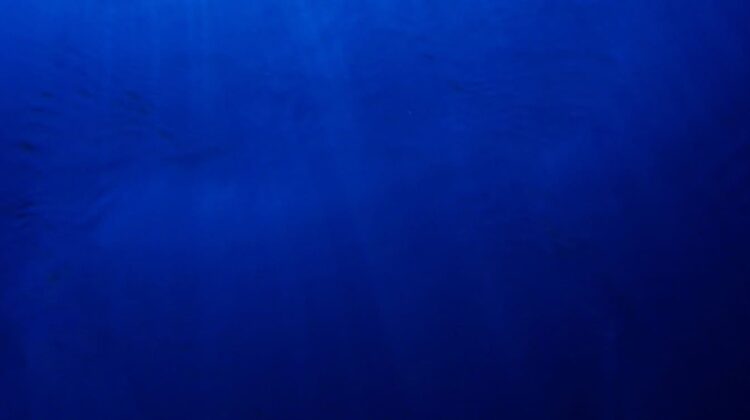
It’s Deadline Day for Deep-Sea Mining
The International Seabed Authority had until this weekend to finish drafting exploitation regulations for deep-sea mining. They’re not done. So now what happens?
Two years ago, the Republic of Nauru, a small island nation in the South Pacific, put the world on course for the beginning of a new industry: deep-sea mining in international waters. Nauru triggered a clause forcing the International Seabed Authority (ISA)—the body that governs the seabed in international waters—to finalize the Mining Code, the rules that will dictate where and how countries and companies can mine the deep sea. That two-year timeline runs out this weekend, on July 9. Despite the looming deadline, the ISA is far from finishing its task.
“I don’t see any chance that the regulations will be ready for adoption in July,” says Pradeep Singh, an expert on the law of the sea at the Research Institute for Sustainability in Potsdam, Germany.
The tight deadline and slow development of the Mining Code’s exploitation regulations have put the world in a potentially tricky bind. Once the two-year deadline passes, the ISA is on the hook to consider mining bids under whatever existing draft regulations it has in place.
Efforts to finish the exploitation regulations by the deadline have been mired by an array of difficult issues ranging from how mining could affect marine ecosystems, to how, exactly, the profits of deep-sea mining will be distributed to benefit all of humankind. That last is a requirement mandated by the United Nations Convention on the Law of the Sea, which gives the ISA its authority.
Earlier this year, the ISA—at Germany’s request—set up a scientific working group to determine thresholds for acceptable environmental risk. Deep-sea mining will generate plumes of sediment on the seabed and in the water column that could affect marine life. But scientists’ understanding of how these plumes could impair marine ecosystems is clouded by uncertainty, making the task of developing thresholds significantly harder.
Along with concerns around sediment plumes, the ISA is also looking to establish limits for other environmental hazards, such as noise pollution, which can affect how animals including dolphins and whales communicate and navigate in deeper water. Another top concern is toxicity. Recent research suggests that the objects of deep-sea miners’ desire—small rocks containing cobalt, manganese, nickel, and copper—are radioactive and pose substantial health risks to people. While there is some research in progress, not much is known about how this could affect marine organisms.
Part of the ISA’s mandate is to protect the marine environment. But with so many uncertainties and scientific gaps, ISA member states are struggling to define acceptable limits to environmental harm.
“Right now, we don’t have any environmental thresholds, which are important to understand when mining might cause serious harm to the environment,” says Jesse van der Grient, a deep-sea biologist at the South Atlantic Environmental Research Institute.
With so much still left to negotiate, and the likelihood that the exploitation regulations will not be finalized in time, ISA member states are now being forced to consider what to do if a mining application comes in before the rules are finished. A group of four nations led by Chile has put forward a proposal to reject all mining applications until the rules are complete. There is also a chance that the ISA might appeal to the International Tribunal of the Law of the Sea for an advisory opinion on the consequences of missing the two-year deadline. These options will likely be the focus of the ISA’s upcoming meeting in Jamaica.
According to Singh, however, Nauru may have good reasons to want to wait before moving ahead with its bid. Nauru’s quest to mine the deep sea is being made in concert with Nauru Ocean Resources, a company that is wholly owned by Vancouver, British Columbia–based the Metals Company. Along with setting thresholds for environmental harm, the Mining Code will also define the liability of a sponsoring state like Nauru in the event that something goes wrong. If Nauru were to apply for a mining license with an unfinished Mining Code, Singh says, it would not be very wise.
“If you put in a [mining] application without the regulations, you’re basically doing so without protection,” he says. “Why would you sign a blank check to expose yourself to liability?”
As the ISA scrambles to finish the Mining Code, 15 countries—including Canada, France, Fiji, Micronesia, and, most recently, Switzerland—have also issued statements against deep-sea mining in international waters.
Author: Elham Shabahat is a writer and researcher interested in conservation, cities, forests, and the climate crisis. Her work has been published by CBC News, Sapiens, Mongabay, and others.
Credits: This article by Elham Shabahat, https://coveringclimatenow.org , is published here as part of the global journalism collaboration Covering Climate Now.
